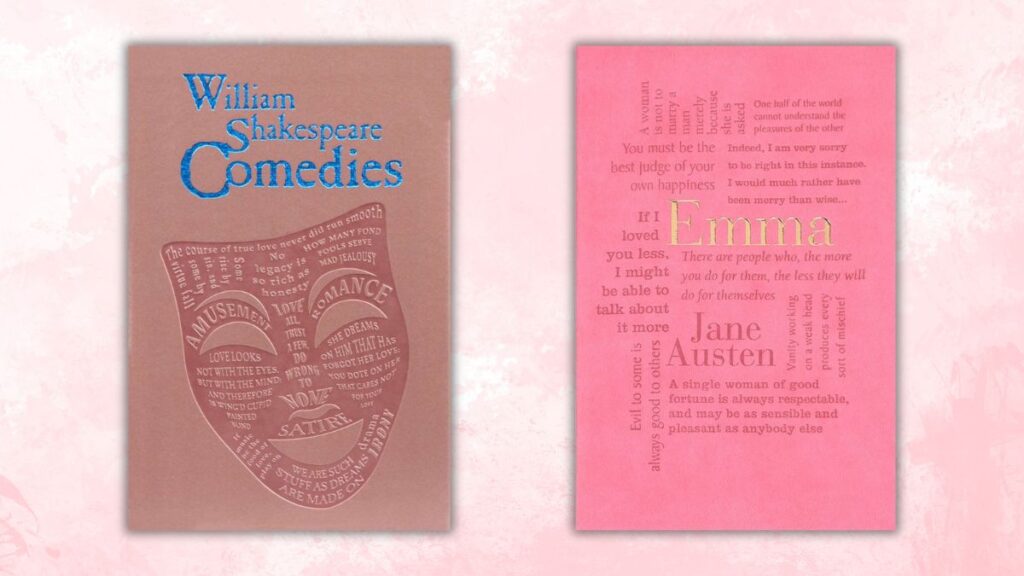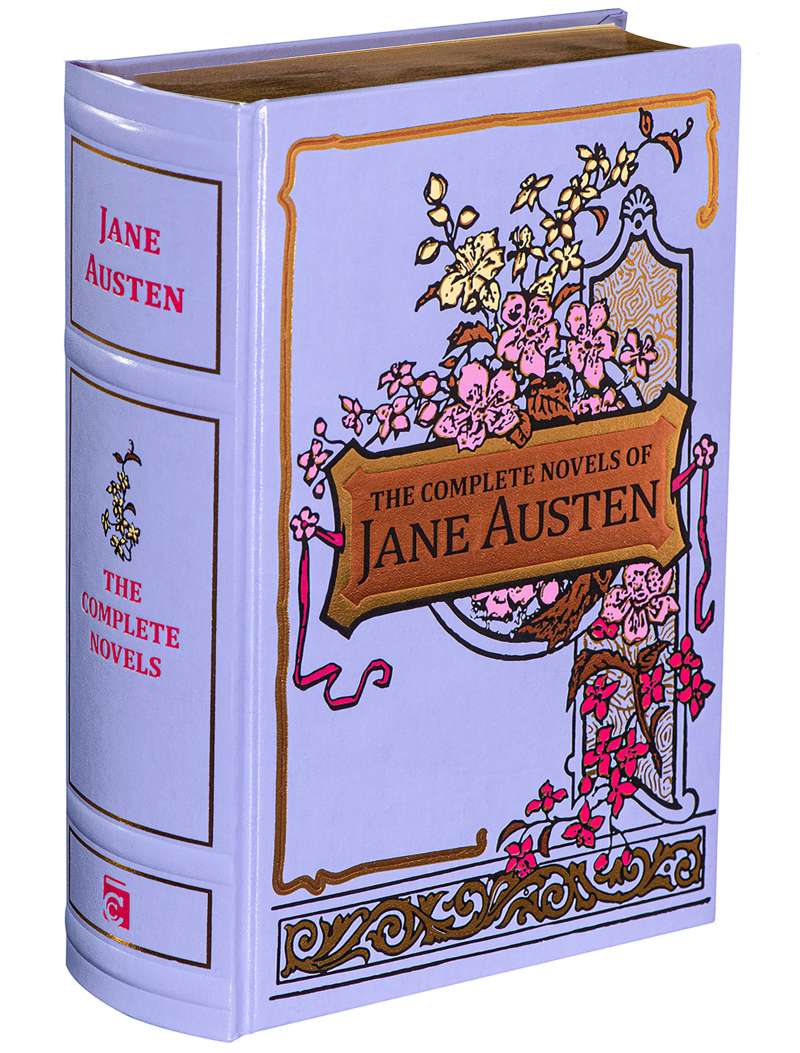By Brian Boone
Two of the most widely read and deeply beloved English-language authors of yesteryear: William Shakespeare, dominant playwright of 16th century England, and Jane Austen, 19th century author of Pride and Prejudice and Emma. The latter was such a huge fan of the former that she laced her works with numerous Shakespeare references.
Add the complete works of Jane Austen to your library today!
Mansfield Park and King Lear
One of the main plot threads of Mansfield Park (1814) concerns wealthy land-owner Sir Thomas Bertram, and what’s to be done with his fortune. He’s a strict, authoritarian father who is often disappointed by his adult children, but overlooking the overall goodness and loyalty of his youngest charge, main character Fanny Price, his niece whom he helps raise. Meanwhile, siblings Julia and Maria vie for the romantic attentions of the villainous Henry Crawford. And then there’s one of Shakespeare’s most famous tragedies King Lear (1605), all about the titular royal divvying up his kingdom. He focuses on his treacherous older two daughters while ignoring the noble youngest, Cordelia, to his own peril. Meanwhile, Lear’s daughters Regan and Goneril busy themselves with trying to win the heart of the villainous Edmund.
Pride and Prejudice and Much Ado About Nothing
Perhaps the most famous would-be lovers in western literature, the fiercely independent and headstrong Elizabeth Bennet and the prickly and inscrutable Mr. Darcy of Pride and Prejudice (1813) do not fall in love at first sight, and spend a lot of the book merely tolerating one another before giving in to intense, mutual romantic feelings they’ve been trying in vain to stifle. That’s straight out of a modern-day romantic comedy film… or it’s from Much Ado About Nothing, from 1598. In this light and fluffy romantic comedy, the verbally sparring, entertainingly cutting Benedick and Beatrice are perfect for each other, and it’s clear to everyone but them. They’re nasty or dismissive of one another, up until others trick them into revealing their true feelings of love.
Emma and Sense and Sensibility and Much Ado About Nothing and Hamlet
The 1800s author so enjoyed Shakespeare, and knew that her well-read and cultured average reader would, too, that she peppered her works with direct mentions of the playwright’s best-known works. In Emma, the title character is a bubbly matchmaker — a literary archetype that Shakespeare helped popularize with Much Ado About Nothing and Troilus and Cressida — who discusses romantic prospects with her friend Harriet, and how one Mr. Elton has possibly shown interest. “The course of true love never did run smooth,” she wisely quips, quoting A Midsummer Night’s Dream. It’s even more explicit in Sense and Sensibility — there’s a scene where some of the major characters recite Hamlet for fun.









